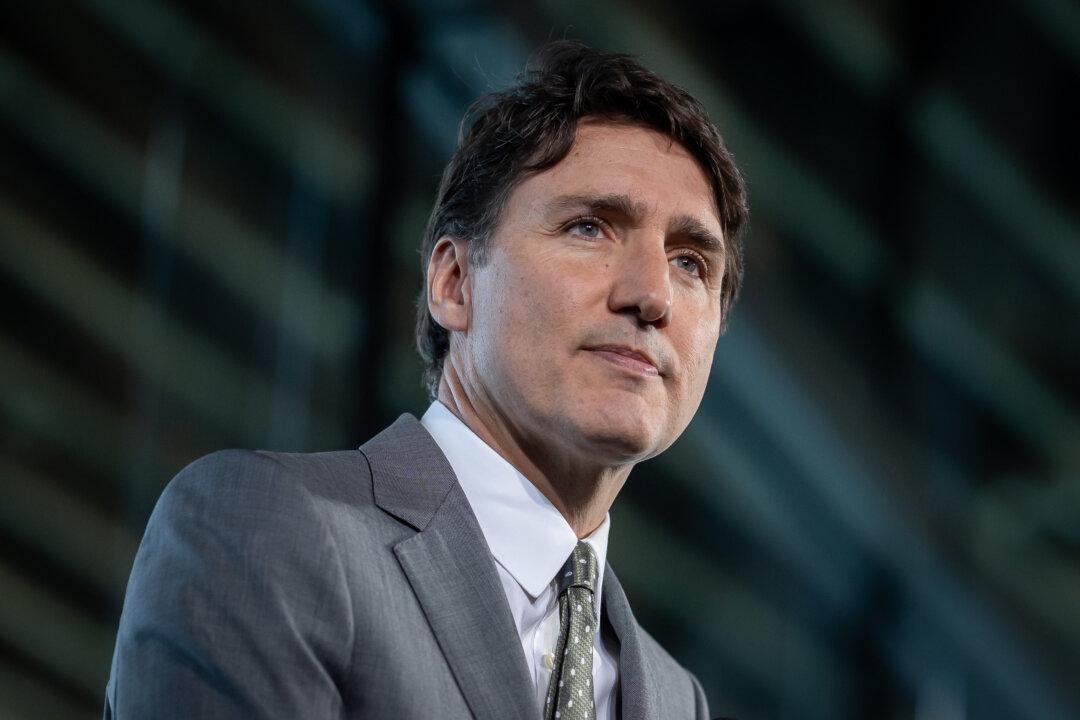Polling maps in recent months have shown swathes of blue across most of the country, except for major cities like Montreal and Toronto where ridings generally looked solid red.
This tapestry changed in the early hours of June 25, when a lone blue square emerged from the core of the traditional Liberal stronghold of Toronto.





